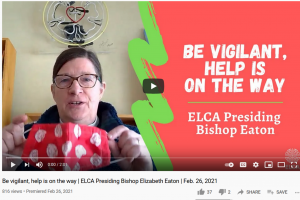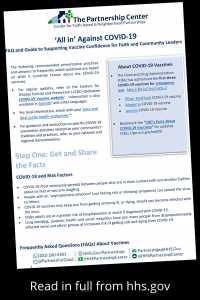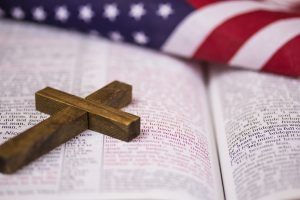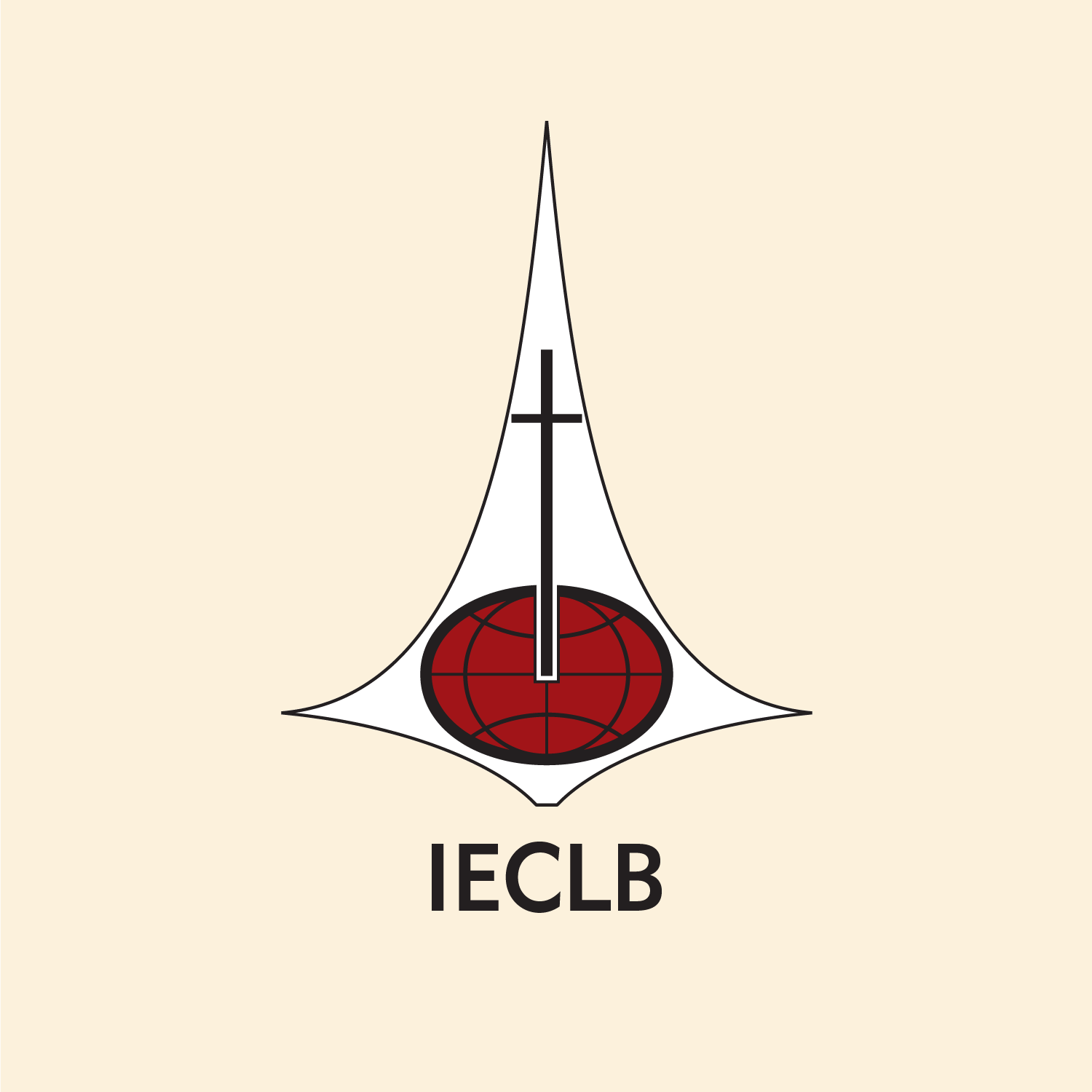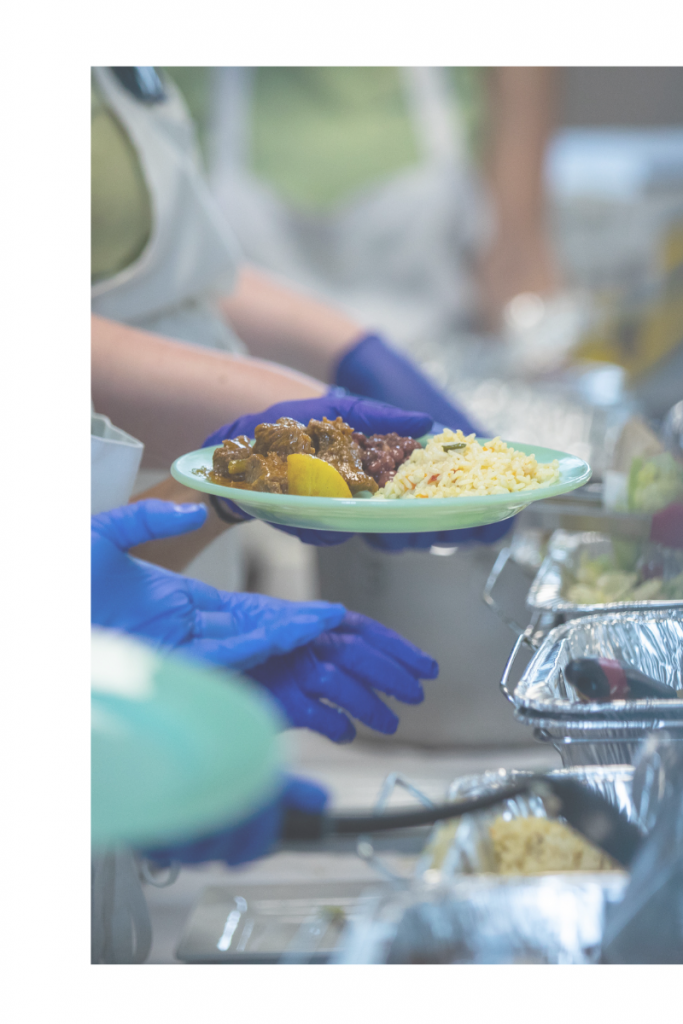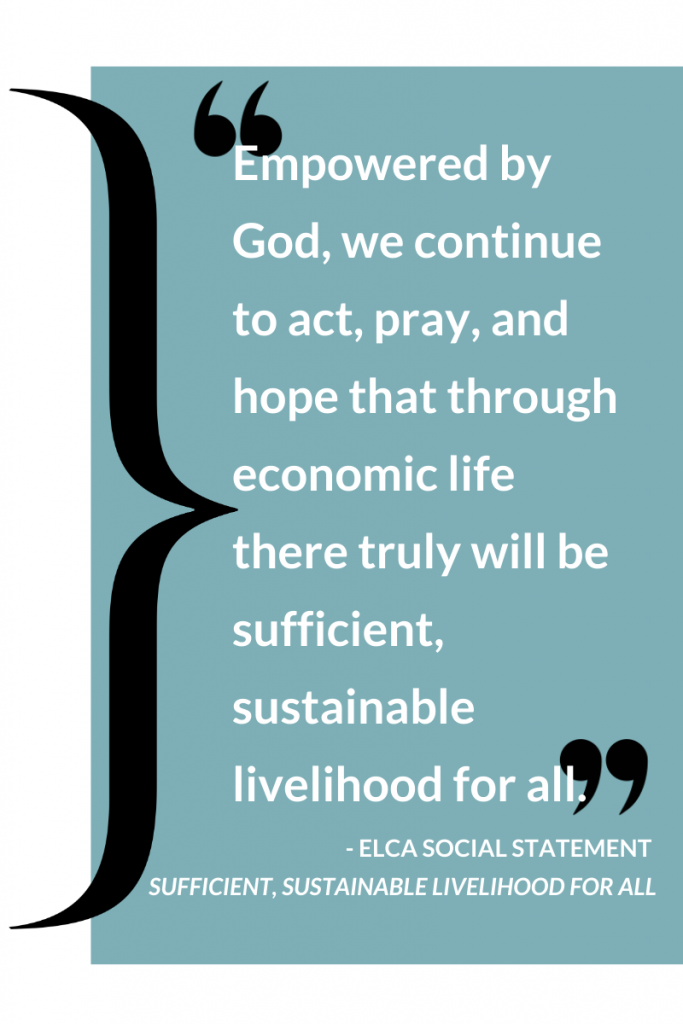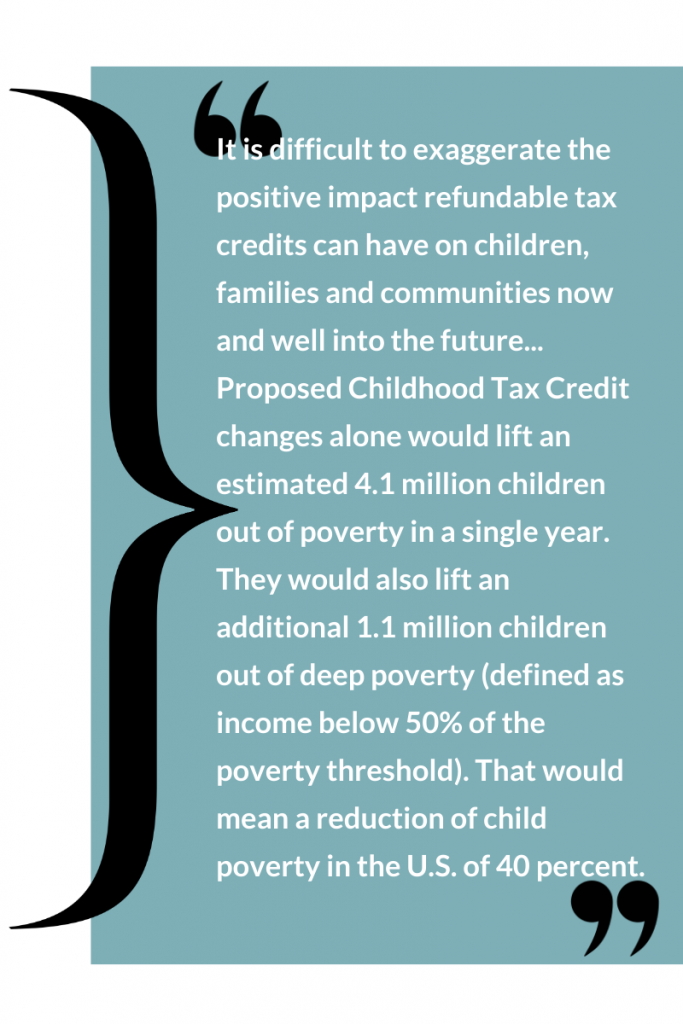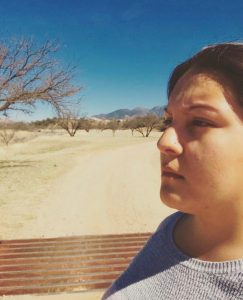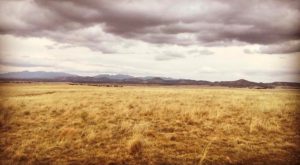Colleen Montgomery, Salem, VA
Warm-up Question
What is your favorite font? Your least favorite font?
What’s in a Font?
What’s in a font?
A recent episode of NBC’s Zoe’s Extraordinary Playlist contained a conversation between Mo (Alex Newell) and Max (Skylar Astin) about the menu for their new restaurant. Mo brings immense creative and relational wisdom to the duo, while Max is the details and tech part of the team. Mo asks Max to help decide on a font, saying the font needs to be something that both shows whimsy and strength. Max responds, “Like Cambria?”
Perhaps for Max, Cambria is a whimsical font, but most people would not describe it in that way. As silly as it may seem, people have strong font preferences and oftentimes intense reactions to particular fonts. We recognize fonts that go with a particular brand or that are used on a particular social media platform. Our teachers ask for papers to be written in a particular font. Our employers might have similar requests as well. And I bet if you ask your pastor, they have a set font that they print their sermons in each week. (I used to be exclusively Century Gothic, but have made the shift to Calibri in recent months.)
But did you know that even fonts can be political?
A CNN article summarizes the findings of a 2019 study published in Communications Studies that researched the political polarization of fonts. “What’s in a font?: Ideological Perceptions of Typography,” breaks down which fonts are seen as more conservative or liberal and begins to explore the use of such fonts in political campaigns. They invite reflection on people’s reactions to the font and the formatting of messages, not just on reactions to the content alone. It seems that the font we use to tell the story may influence how people read it.
Discussion Questions
- Is there a story or message you would dismiss entirely based on font alone?
- What other things, previously perceived as neutral, have become politically polarized in recent months?
Fourth Sunday of Lent
(Text links are to Oremus Bible Browser. Oremus Bible Browser is not affiliated with or supported by the Evangelical Lutheran Church in America. You can find the calendar of readings for Year B at Lectionary Readings.)
For lectionary humor and insight, check the weekly comic Agnus Day.
Gospel Reflection
John 3:16 is one of the most well known verses in the whole bible. If people know any verse by heart, John 3:16 is probably it. We see it on billboards, social media posts, sports jerseys, and bumper stickers. Lutherans see this verse as one of grace and evidence of God’s love. However, not all Christians interpret the verse in this way. Even this most dear biblical verse can be used in a political and divisive manner.
Some look at Jesus’ words, made to Niccodemus in the middle of the night, as an exclusionary verse. A directive about who is in and who is out of heaven. Some interpret this verse, especially the second half of the verse, to say that only those who believe and confess Jesus as Lord will be saved and permitted into heaven. With this interpretation, this verse becomes divisive, exclusionary, and even threatening.
Yet, with a closer examination of the verse and continuing reading, we see more clearly the Lutheran interpretation of grace and inclusivity. Jesus does not say that just those who believe in him will be given eternal life. He is not making an exclusive statement. Jesus only says that those who believe will be given eternal life. He does not make any statement about those who do not believe in him here. Moreover, Jesus goes on to say in 3:17 that Jesus has come not to condemn the world, but rather to show love and to save the world. As Lutherans, we profess that it is the grace of God that saves us, and there is nothing we can do—including believe in God on our own- that can save us.
Jesus’ words are often political and can be divisive. However, the gospel of Jesus invites, rather than excludes. It brings in, rather than casts out. It goes to the margins and the shadow places to bring hope and new life. The radical love of Jesus may cause some to walk away, however it is this radical love that I need, and maybe you need too.
Discussion Questions
- What other biblical verses have you heard used in an exclusionary way? How have you come to interpret them through a lens of grace?
- How does this radical love of Jesus empower you to live your daily life and interact with people who are different from you?
Activity Suggestions
- Use Canva (canva.com) or another graphic design program to create a poster sharing the radical love of John 3:16-17 (or another favorite verse). Share these on your own social media or on the churches platforms.
- Look at your church’s website and social media accounts. Are the fonts, images, and content welcoming? Do they proclaim the gospel that your church believes in?
- John 1 tells us Jesus is the Word of God and that all life came into being through Jesus. Including you! This means that Jesus loves all of you and your handwriting is one of Jesus’ favorite fonts. Draw a picture of yourself (stick figures allowed) and write Jesus loves me on your body. Or, take a washable marker and write it on your actual body.
Closing Prayer
Dear Jesus, You are the Word of God made flesh. Empower us to live out the gospel with all that we are: our bodies, our minds, and our words. Remind us daily of your grace and love for us and help us to share that grace with others. Amen.



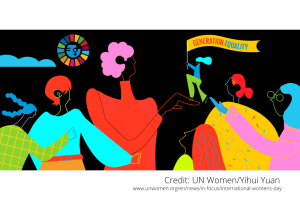
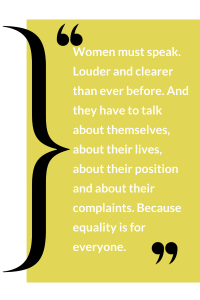
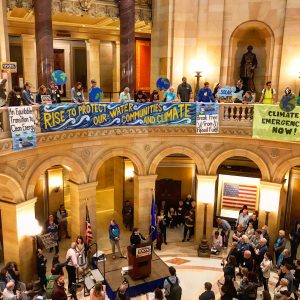
 Baird Linke is a candidate for Word and Sacrament Ministry with the ELCA, studying at Wartburg Theological Seminary. He’s passionate about ecotheology and good food. He lives in Minneapolis, MN and tries to spend as much time outside and moving with his dog as he can.
Baird Linke is a candidate for Word and Sacrament Ministry with the ELCA, studying at Wartburg Theological Seminary. He’s passionate about ecotheology and good food. He lives in Minneapolis, MN and tries to spend as much time outside and moving with his dog as he can.